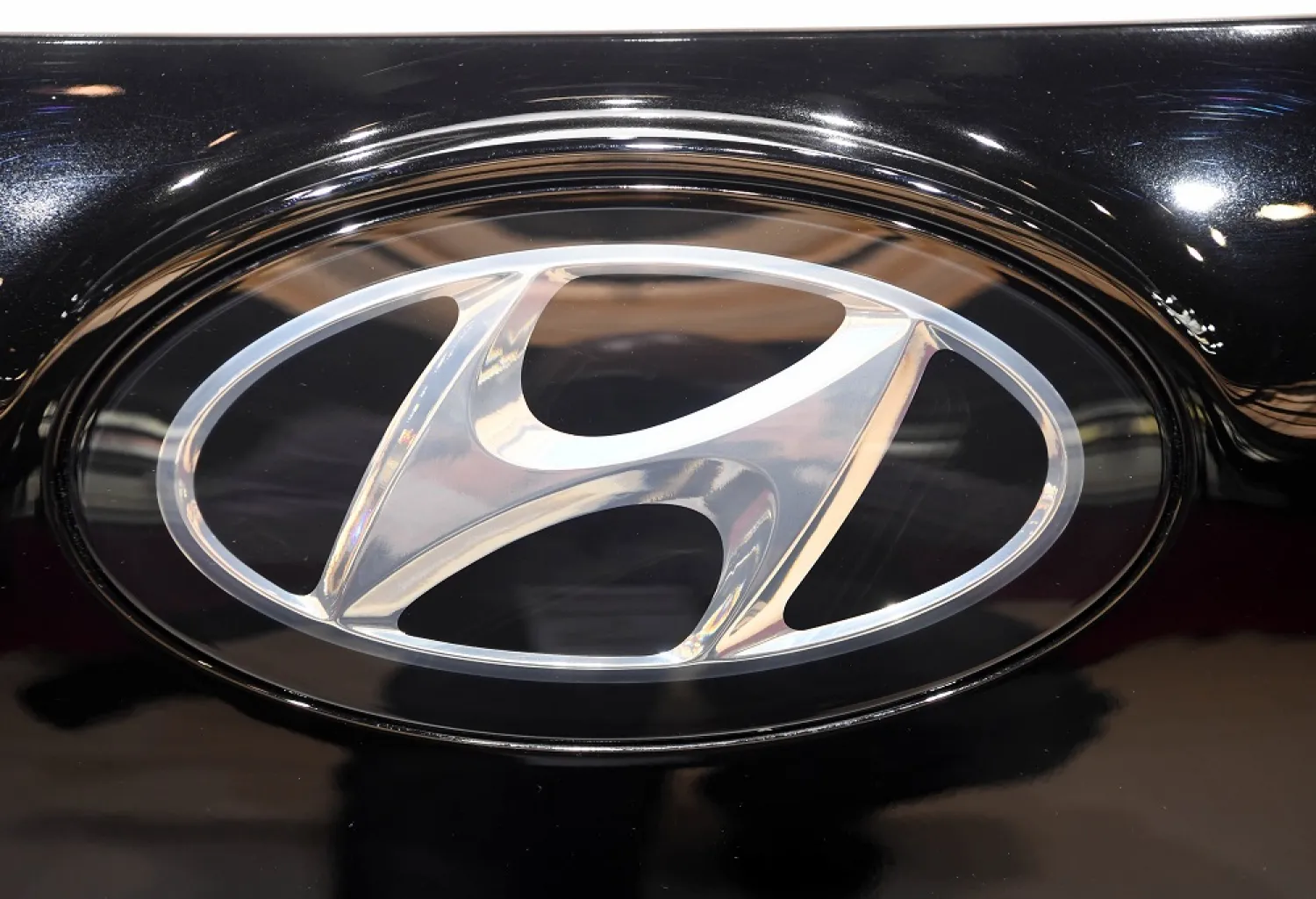Hyundai Motor Co said on Tuesday it would build a dedicated electric vehicle (EV) factory in South Korea that will become its first automobile plant to open in the country in almost three decades.
Production is due to begin by 2025, the company's union said in a statement, relaying a pledge that the company had made in wage negotiations.
Hyundai Motor gave no further details in its statement.
In May, Hyundai Motor Group, which houses Hyundai Motor and Kia Corp, said it would invest 63 trillion won ($48.1 billion) in South Korea through to 2025.
Hyundai Motor's unionized workers in South Korea voted this month for a possible strike for the first time in four years over demands for higher wages. They were also angry at management prioritizing investment outside the country.
Hyundai Motor, South Korea's largest automaker, last opened an automobile factory in South Korea in 1996.
But it said in May it would invest $5.5 billion to build full EV and battery manufacturing facilities in Georgia.
The EV facility in Georgia is scheduled to break ground in early 2023 and begin commercial production in the first half of 2025, according to Hyundai Motor.
"Sales of internal-combustion-engine vehicles are scheduled to be banned in certain markets so the new EV factory is vital to Hyundai Motor's survival," said Chang Moon-su, an analyst at Hyundai Motor Securities, a subsidiary of the automaker.
Hyundai Motor shares were flat in midday trade, while benchmark KOSPI was down 1.1%.









